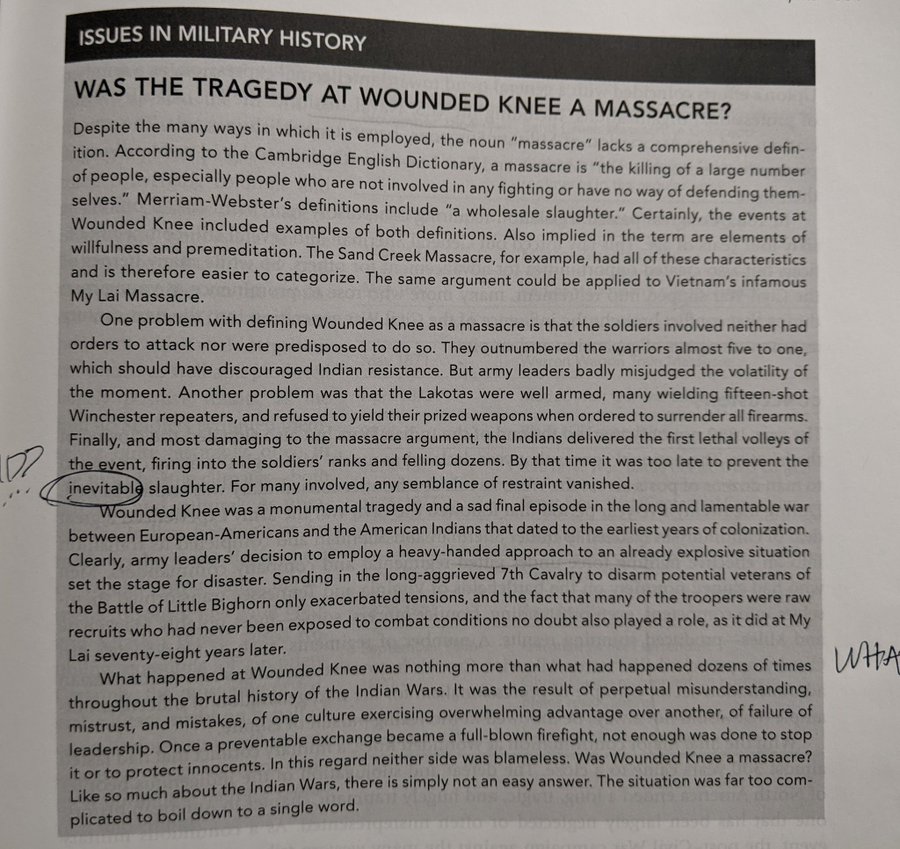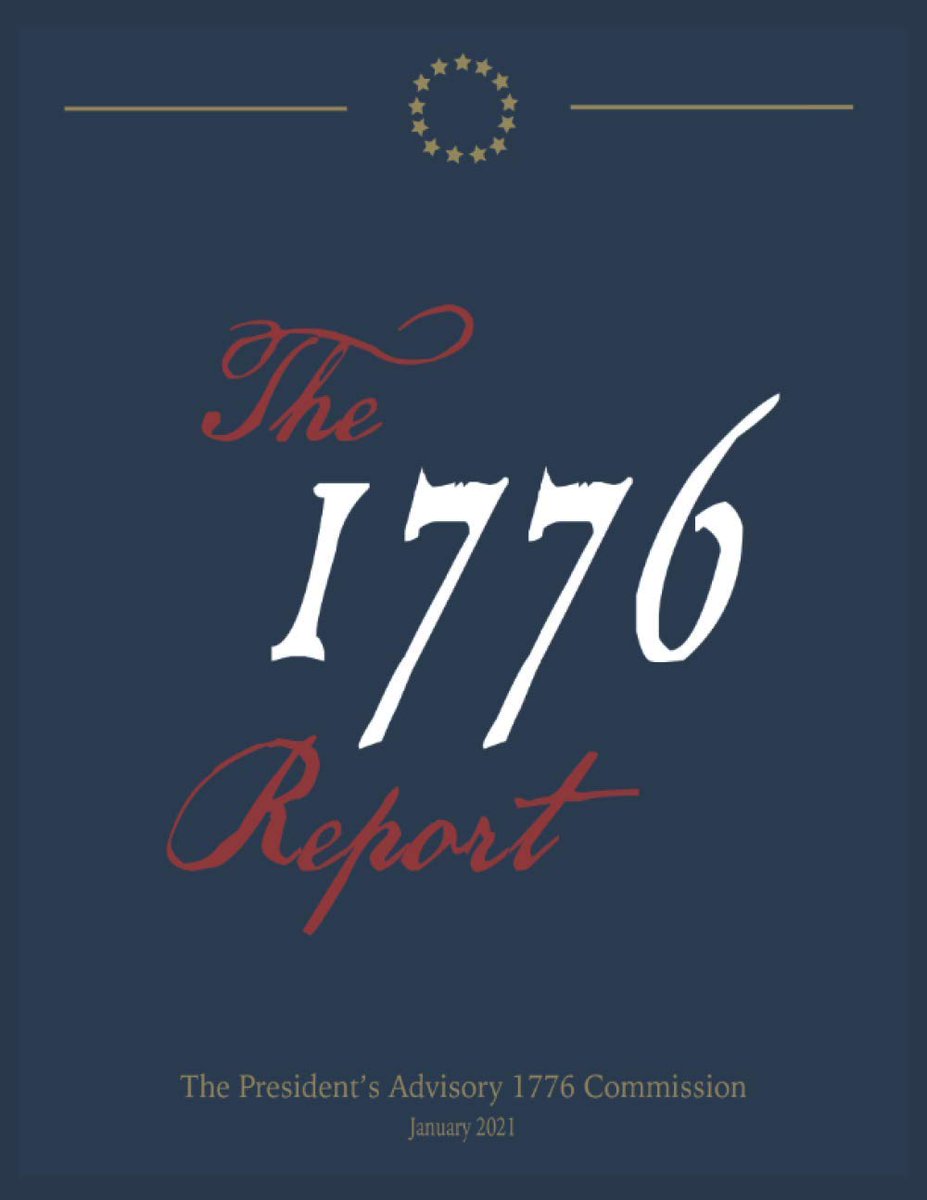It's good that the NY Times published this article by @jackhealyNYT. Quotes the brilliant Muskogee (Creek) poet Joy Harjo and other Muskogees on meaning of #McGirt SCOTUS decision.
But the article makes a big mistake about U.S. policy of Indian removal.
nyti.ms/3h0FsDz
But the article makes a big mistake about U.S. policy of Indian removal.
nyti.ms/3h0FsDz
The article implies that Indian Removal (enacted in 1830) applied only to the "Five tribes" (Muskogees, Cherokees, Chickasaws, Choctaws, Seminoles) in the South. But northern nations (Potawatomis, Miamis, Shawnees, Wyandots, Haudenosaunees, others) were also subject to removal. 

The mistaken idea that Jackson's Indian Removal policy applied only to the Southern nations is very common (even among good historians).
Why does this error persist?
Why does this error persist?
By keeping the crime of Indian removal in the South, does it get the United States as a whole off the hook?
It wasn't just Jackson and Southern enslavers who wanted Indians expelled from new cotton lands.
The entire U.S. sought Indigenous removal/dispossession.
It wasn't just Jackson and Southern enslavers who wanted Indians expelled from new cotton lands.
The entire U.S. sought Indigenous removal/dispossession.
• • •
Missing some Tweet in this thread? You can try to
force a refresh

















